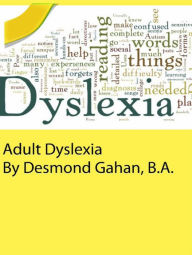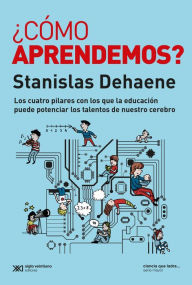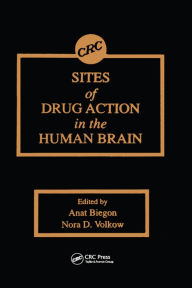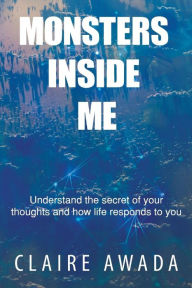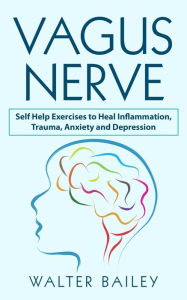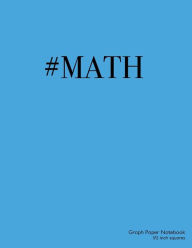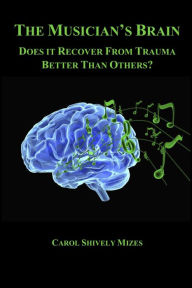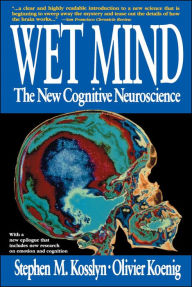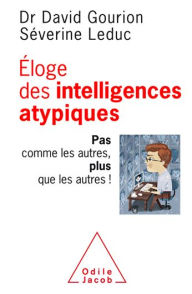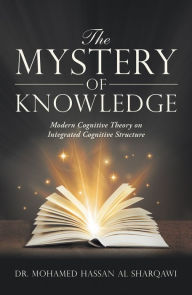Adult Dyslexia
by Desmond Gahan
2020-04-23 20:08:12
Most adult dyslexics will exhibit at least 10 of the following traits and behaviors. These characteristics are often inconsistent, and may vary depending upon the day or situation.CareerEmployed in job/position that will hide difficulties or not requ...
Read more
Most adult dyslexics will exhibit at least 10 of the following traits and behaviors. These characteristics are often inconsistent, and may vary depending upon the day or situation.CareerEmployed in job/position that will hide difficulties or not require dealing with problematic areas.Hides difficulties from co-workers, friends and even family.Becomes frustrated at “planning meetings” and sequential tasks – already has the answer and how to do it.Becomes frustrated or overwhelmed with long forms or sequential processes.Thrives in careers where visual-spatial/kinesthetic talents can be realized: For example – Entrepreneurs, Engineers, Trades (carpentry, plumbing, electrical), Artisans, Interior Decorating, Actors, Musicians, Police/Investigation, Athletes, and Business Executives (usually with staff/assistants).May pass up promotions or advancement opportunities that would require more administrative work.Has difficulty focusing and staying on task – may feel more comfortable managing many different tasks simultaneously.Difficulty with tests – passing standardized tests can be a barrier to career advancement.Highly successful/over achiever, or considered “not working up to potential.” Either way, displays extreme work ethic.May be a perfectionist and overreact when they make a mistake.Out-of-the-box thinker or operates with very strict rules for themselves.Learns best through hands-on experience, demonstrations, experimentation, observation, and visual aids.GeneralHighly intuitive – known to have “street smarts.” Is often “dead on” in judging personalities of others.May be able to sense emotions and energy of others.Remembers struggling in school.Frequently have dyslexic children and experience guilt when seeing own child struggle. Insecurities arise while reading to own children or helping them with homework.Easily distracted/annoyed by noises and other things in environment.May appear to “zone out” and be unaware that it is happening.Enjoys video games.Misspeaks, misuses, or mispronounces words without realizing it.May have poor balance or is/was very athletic.May have excellent recall of events that were experienced or not remember at all.May confuse past conversations or be accused of “not listening.”Difficulty remembering names of people without tricks, but remembers faces.Difficulty remembering verbal instructions or directions.Poor recall of conversations or sequence of events.Reading, Writing, and SpellingDifficulty reading unfamiliar fonts.Avoids reading out loud. May dislike public speaking.Will commonly perceive that they “read better silently.”Has adopted compensatory tricks to remember spelling and homonyms (their, there, they’re), or misuses homonyms and has poor or inconsistent/phonetic spelling.Reading fluency and comprehension fluctuates depending upon subject matter.Frequently has to re-read sentences in order to comprehend.Fatigues or becomes bored quickly while reading.Reliance on others (assistants, spouses, significant others) for written correspondence.Uncertainty with words, punctuation, and spelling when writing. Reliance on spell-check and grammar-check.Words out of context look “wrong.”Poor handwriting – masks spelling mistakes.Writes with all capital letters, or mixes capital letters within words. Abbreviates words frequently.
Less


